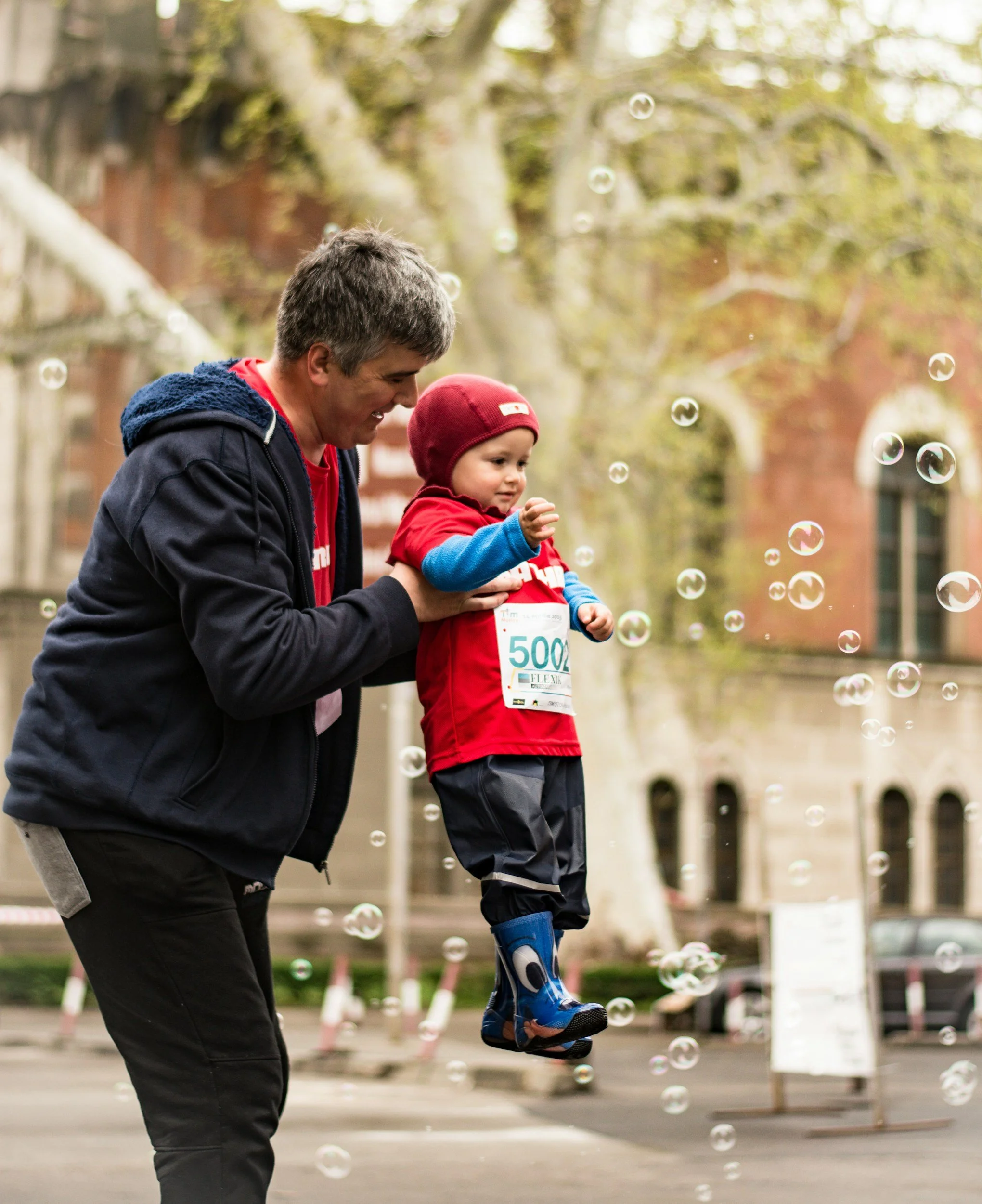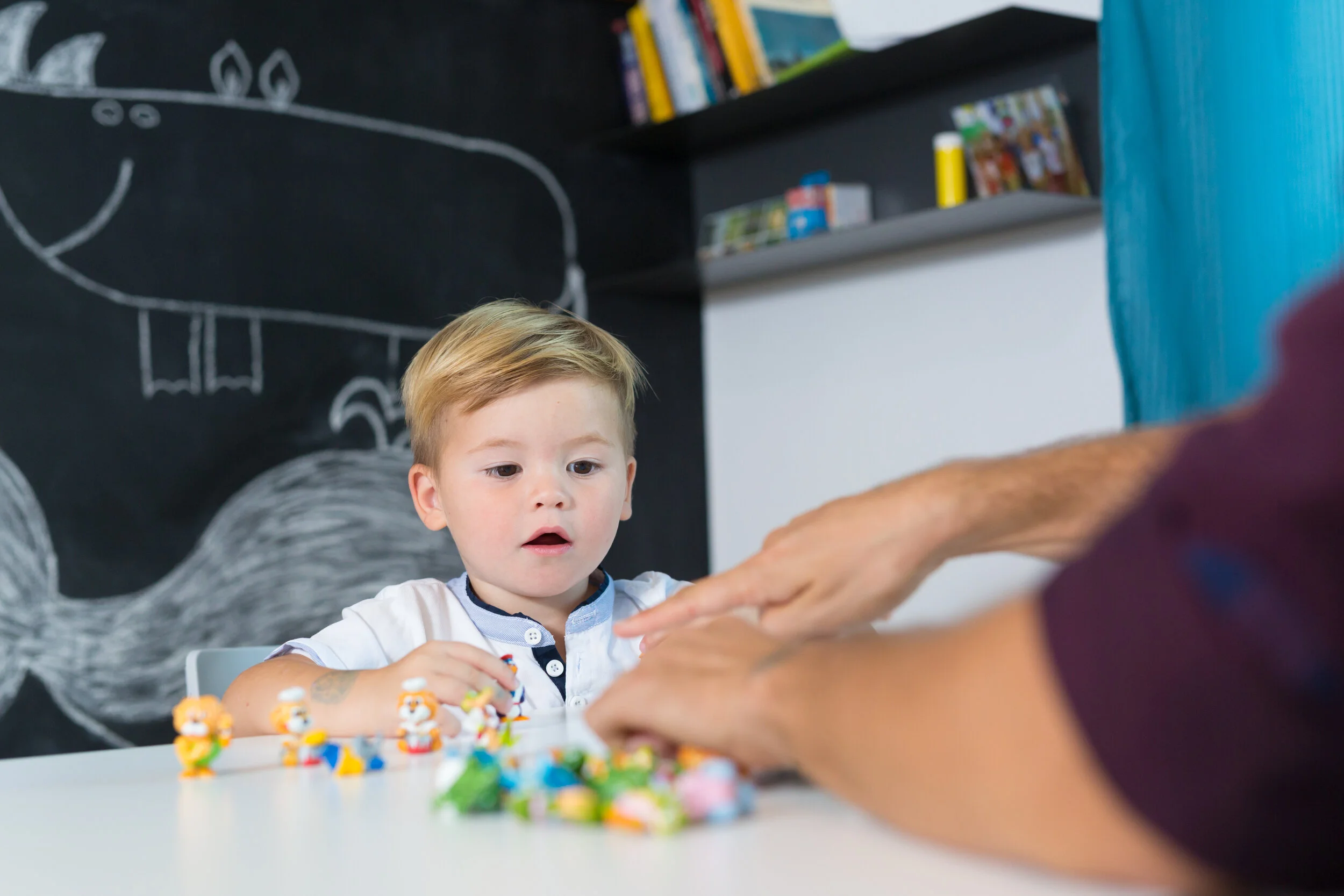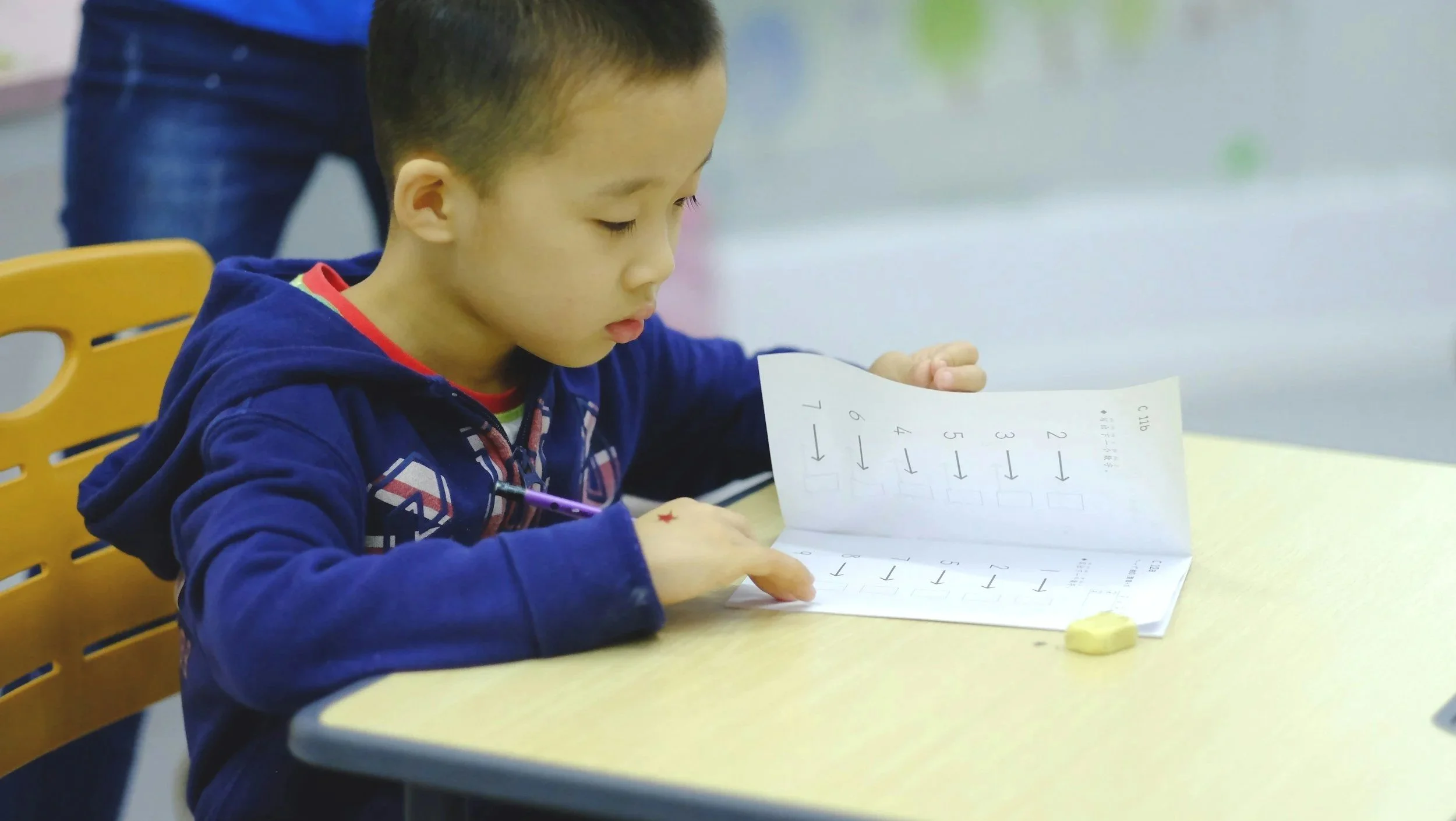
Individual Services
Comprehensive Assessment and Intervention
We provide comprehensive assessment and management of communication difficulties including:
Speech/Articulation: Helping improve clarity and pronunciation of speech sounds.
Language Delays, Disorders, and Impairments: Supporting both receptive (understanding) and expressive (speaking) language challenges.
Stuttering (Fluency Disorders): Offering strategies and interventions to promote smoother speech and communication confidence.
Social Communication: Enhancing the ability to use verbal and non-verbal communication effectively in social settings, including understanding and using gestures, facial expressions, and social cues.
Literacy – Reading and Writing: Addressing difficulties with phonological awareness, decoding, reading comprehension, and writing skills.
Service delivery options include:
Clinic based
Preschool or school based
Home based
Telehealth
What type of assessment do I need?
What can I expect for my initial assessment?
-
Who is a preschool language assessment for?
Children under 5 who are not meeting the average communication milestones for their age. For example, a two year old only using one word phrases or a child who is not understanding instructions or questions.
What can I expect in an early language assessment?
During the assessment we will:
Ask a range of questions about your child’s developmental history
Ask about their communication at home. We will ask about their receptive language (what they are understanding) and expressive language (how they are communicating - whether it be with gestures, vocalisations or words)
Under 3 years of age you can expect for the assessment to be play based. Through play we will ask your child questions and observe their play skills to get a further understanding of their language skills.
Over 3 years of age you can expect for a formal assessment tool to be used.
After the assessment you will receive a Speech and Language report. This will:
Outline your child’s current language levels
Explain the average language expectation for children their age
Identify goals for your child
Provide intervention recommendations and further referrals if needed.
-
Speech/Articulation Assessment
Who is an articulation assessment for?
Children, teenagers or adults who:
Have trouble making certain sounds. For example, difficulty making the “r” sound, or a lisp on the “s” sound.
Consistently replace certain sounds. For example, replacing all “k” sounds with a “t” sound. This would mean words like “cat” would be produced as “tat.”
Have speech that sounds unclear, mumbled or “not sharp.”
What can I expect in an articulation assessment?
You/your child will be shown a range of pictures that contain each of the English sounds across word positions. For example, we will explore how your child makes the “s” sound at the beginning of words (such as in “sun”), in the middle of words (such as in “pencil”) and at the end of words (such as in “bus”).
Completing longer speaking tasks (such as having a conversation or asking them to describe what is happening in a picture scene) to observe how their speech sounds when speaking naturally and in longer sentences.
We will also conduct an oral motor assessment to evaluate how you/your child’s speech muscles are working. This involves asking them to imitate movements (such as blowing, moving their tongue from side to side) to observe movement of muscles of the face (e.g. lips and jaw) and oral area (e.g. tongue and soft palate).
-
A detailed case history, including speech and developmental milestones
Observation and analysis of how your child plans and sequences sounds and words
Speech tasks involving words of increasing length and complexity
Assessment of speech consistency (e.g. do they say the same word differently each time?)
Imitation tasks to assess how well your child can copy sounds or words
Examination of oral motor movements (e.g. tongue, lips, jaw)
A language assessment to identify any co-occurring language difficulties
Discussion of results and next steps, including therapy recommendations if CAS is suspected
-
Who is a Stuttering Assessment for?
A stuttering assessment is recommended for children or teenagers who are having difficulty with speaking smoothly or fluently. This may include:
Whole word repetitions, e.g. “my – my – my name is…”
Phrase repetitions, e.g. “my name my name my name is…”
Sound repetitions, e.g. “m-m-m-my name is…”
Prolongations, e.g. “mmmmmmmy name is…”
Blocks or pauses, e.g. “my — — — name is…”
Insertions, e.g. “um… my… uh… name is…”
Physical tension or secondary behaviours, such as eye blinking, facial grimacing, head movements, or body tension during speech.
What to Expect in a Stuttering Assessment
During the assessment, we will:
Ask questions about your child’s developmental history and any family history of stuttering.
Explore the frequency, type, and severity of the stuttering behaviours you observe at home or school.
Complete a language assessment to check for any underlying language difficulties (e.g. vocabulary, sentence formulation, word finding), which can sometimes appear similar to stuttering.
Collect a speech sample to formally measure the percentage of syllables stuttered (PSS). This helps determine whether the stutter is mild, moderate, or severe.
Provide education and tailored recommendations for intervention based on your child’s age, stuttering profile, and individual needs.
For preschool-aged children, the Lidcombe Program is the most widely used and evidence-based treatment approach. You can learn more at www.lidcombeprogram.org.
-
Who is a social skills assessment for?
Children, teenagers or adults who have trouble:
Engaging in back and for conversation
Taking turns
Speaking about a variety of topics
Asking questions back
Reading body language or facial expression
Understanding what makes a good conversation
Making and maintaining friendships
What can I expect in a social skills assessment?
During the assessment we will:
Ask a range of questions about
How these social difficulties are impacting day to day life
Your main concerns regarding your/their social communication
Your main goals
Discuss social skill programs recommended
Discuss any possible underlying causes
Discuss what other professionals may be able to aid with building you/your child’s social skills. For example, psychologist, occupational therapists, behavioural therapists and more.
-
Who is a language assessment for?
Children, teenagers or adults who:
Are not using language as expected for their age. Their sentences may be short or broken, they may use the wrong pronouns, wrong tense or have trouble telling stories or sharing their thoughts in a way that makes sense.
Are not understanding language as expected for their age. They may struggle to answer questions, may not be able to follow instructions and may not engage in back and forth conversation as you would expect.
What can I expect in a language assessment?
During the assessment we will:
Ask a range of questions about their developmental history
Ask about their communication at home, school or at work. We will ask about their speech (articulation skills), receptive language (what they are understanding), and expressive language skills (how they are communicating).
Depending on their age, you can expect for the assessment to be play based or include some more formalised assessment tools. For instance, being asked to point to a picture that matches the sentence that is spoken, or explain what is occurring in a picture they are shown.
-
Who is a literacy assessment for?
Children, teenagers or young adults who:
- Have difficulty reading. This may include trouble identifying what sound a letter makes, blending sounds, or at a higher level trouble reading sentences, paragraphs or stories and comprehending.
- Have difficulty with writing. This may include difficulty spelling words, remembering spelling rules, or at a higher level difficulty writing sentences, paragraphs or stories in a sequential, coherent manner.
What can I expect in a literacy assessment?
Completing reading or writing tasks at the expected literacy level of their age.








